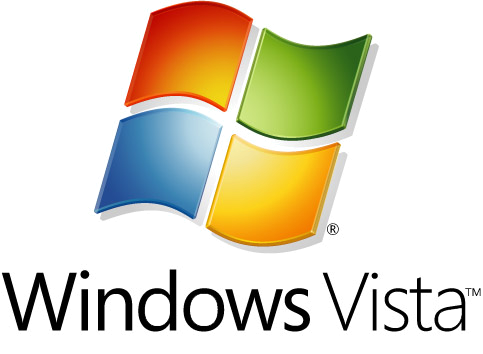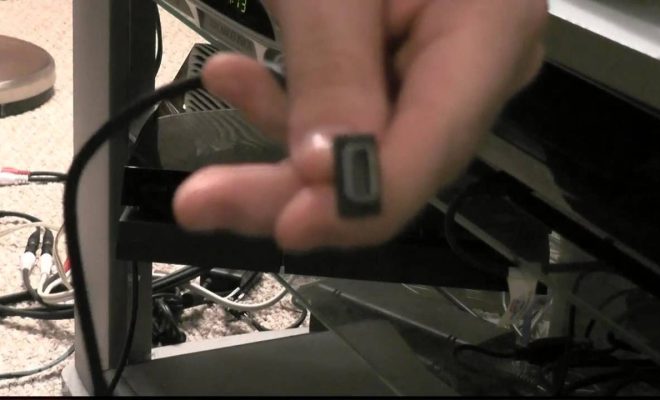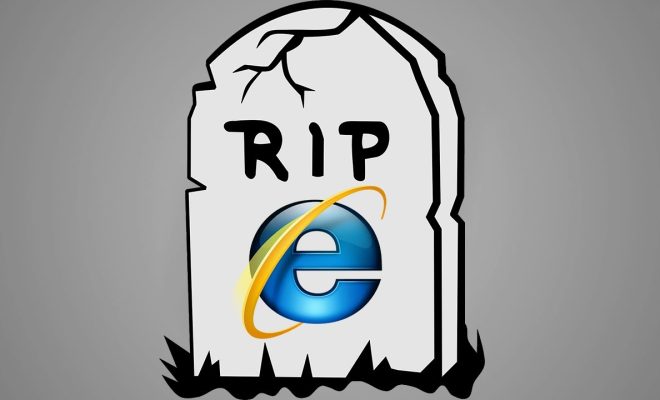Microsoft Windows Vista

Microsoft’s Windows Vista was a highly anticipated operating system when it was released in 2006. It was labeled as Microsoft’s most significant operating system release since Windows 95. Vista came with a lot of new features, but the initial launch was marred by several significant problems.
One of the major issues with Vista was its slow performance, especially on systems that had lower-end hardware. The operating system had a much higher system requirement than its predecessor Windows XP. Many users were disappointed when they realized that their computer was not powerful enough to run Vista.
Another problem with Vista was its compatibility with various programs, as many popular applications did not run correctly or even refused to install on the new operating system. This caused many users to stick with the older Windows XP or switch to alternative operating systems like Linux or Mac OS.
Vista also introduced a new user interface that was heavily criticized by users and critics alike. The Aero interface was designed to improve the look and feel of the operating system, but it was also a resource-heavy feature that put a significant strain on computers with lower-end hardware.
Microsoft tried to improve Vista via Service Pack 1, but the damage had already been done. Despite the initial backlash, some of the features introduced with Vista were genuinely innovative and beneficial. The operating system introduced Windows Defender, a built-in anti-virus program that helped protect users from malware and other online threats. Vista also brought enhancements in data security, including BitLocker encryption and file backup features.
In summary, the launch of Microsoft’s Windows Vista was marked by many issues, including slow performance, compatibility problems, and an unpopular user interface. However, Vista also brought essential security features and improvements that would later be built on by its successors. Today, Vista is a distant memory as Microsoft has moved on to newer and more advanced operating systems like Windows 10.






